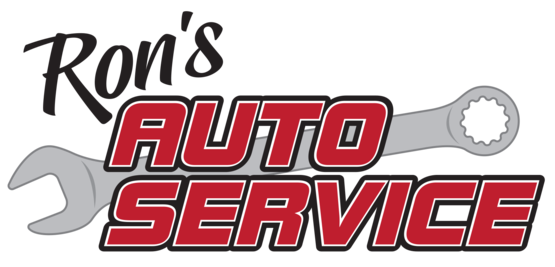The Right Oil for the Season (Engine Oil Viscosity)
November 10, 2024
As the temperatures plunge, certain types of engine oil may not flow as easily as they did when it was warmer. Makes sense, doesn't it? Just like molasses gets thicker as the temperature goes down, engine oil does the same thing. So, maybe you're wondering if you have to change your oil as the seasons change so it's just the right thickness to lubricate your engine parts.
How well engine oil flows is called its viscosity. There are different types of oil—some that have just one viscosity and others called "multigrade" oils. Here's the difference.
A single viscosity oil will flow better when it's hot but not as well when it's cold. A multigrade oil is engineered so that its flow properties at cold temperatures are different than they are at warm temperatures. In other words, a multigrade oil can start out in colder temperatures acting like a thinner oil and then behave like a thicker oil when it's warm. That's a pretty cool trick and it's why multigrade engine oil is used in nearly all vehicles. Your vehicle's manufacturer has the correct viscosity of oil for your particular model included in the owner's manual.
Another choice you have to make when it comes to engine oil is whether you use conventional oil, synthetic oil or a blend of the two. Synthetic oils have some advantages over conventional, such as resisting breakdown better and withstanding higher temperatures.
Check with your service advisor to see which viscosity and type of oil is recommended for your vehicle. It's important that in cold weather, the oil flows through your engine at the right thickness so that parts are being properly lubricated. That will make sure you'll get good fuel economy and performance, no matter what the temperature is.
Ron's Auto Service
1517 SE 25th Ln
Cape Coral, FL 33904
2398290873
Need Service?
More articles from Ron's Auto Service

Passing the Test (How to Prevent Emissions Test Failure)
April 20, 2025
Vehicle emission testing has become ubiquitous in North America and for a good reason. Clean air quality is important for the environment and all of us. Since vehicle emissions are among the main causes of air pollution, emission testing can alert you to problems in your vehicle than can be fix... More

Rubber Match (Tire Replacement)
April 13, 2025
A set of new tires isn't probably high on anyone's list of exciting purchases. But since your life is literally riding on them, it's probably a good idea to know when it's time for you to buy new ones. If you've been feeling your vehicle slipping more in wet weather or it takes a longer distance... More

What is a TPS? (Throttle Position Sensor)
April 6, 2025
You know you have an accelerator pedal; step on it and your vehicle is supposed to go. But did you know there is a part in your vehicle that keeps track of where the throttle is? It's called the Throttle Position Sensor, or TPS. The TPS is a sensor that helps your vehicle figure out the right mi... More









